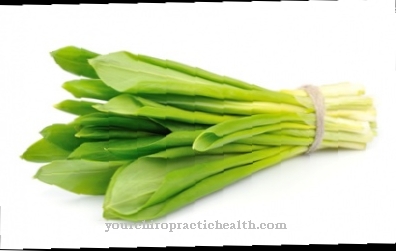Itchy scalp is very uncomfortable for those affected. The reasons for this can be varied and, depending on the cause, it is a temporary or chronic phenomenon.
What is itchy scalp?

An itchy scalp is one of the most annoying symptoms. It affects the quality of life and is a concern for many people. The cause is not always found quickly, but in some cases numerous possible reasons have to be ruled out before the real reason can be identified.
If it is only a brief appearance, a trip to the pharmacy is usually sufficient. However, if the symptom is persistent, clarification with a doctor is required. Through numerous examinations and tests, he can find out what is hidden behind it. Rarely is a more serious condition hiding behind the itchy scalp, which requires intensive treatment over a long period of time.
causes
Causes of an itchy scalp include mental health problems and allergies to certain foods or preservatives. They can produce this bothersome symptom. Even mechanical irritation can lead to irritation.
More likely, however, is a dry scalp, which can be due to the wrong shampoo or an overdose of hairspray, for example. Frequent washing and constant use of anti-dandruff shampoos can also lead to dry skin on the head and thus an itchy scalp. The resulting flakes of skin then indicate the dehydration and are not conventional flakes at all.
Another possibility for the development of an itchy scalp is fungal diseases or a skin disease such as neurodermatitis or psoriasis. Children in particular complain of lice, although adults can also be affected. Occasionally, the itchy scalp is due to an excess of histamine, which is increasingly entering the body through certain foods such as red wine or mature cheese.
You can find your medication here
➔ Medicines against itchingDiseases with this symptom
- allergy
- Lice infestation
- Neurodermatitis
- Cradle cap
- psoriasis
- Histamine intolerance
Diagnosis & course
Home remedies ↵ for itching The cause of the itchy scalp can partly be determined by the person concerned or a doctor will clarify the symptom. Medical advice should be sought, especially if itching persists. In the first step, the doctor takes a look at the scalp to assess the complexion.
Lice can be seen very well under a magnifying glass, for example. Rashes and eczema can also be determined by a visual diagnosis. Sometimes the doctor notices additional accompanying symptoms, which include hair loss. An allergy test and questioning of the eating habits of the person affected can also be helpful.
If no physical cause is found, possible psychological factors are clarified. For example, there may be a hidden depression that has manifested itself in an itchy scalp. Correct diagnosis is important, otherwise the symptom can worsen and spread to other areas of the body. In addition, scratched areas can lead to inflammation and infectious diseases.
Complications
Itchy scalp can have various causes and complications, such as frequent washing. The complication is exactly the opposite, the desired effect, namely drying of the scalp, which can be accompanied by flaking. Another cause could be psoriasis on the head.
Complications mainly affect the psychological nature, as the heavily flaky areas of the skin can be a great burden for the person concerned. Furthermore, the site is more prone to superinfections, that is, an additional infection with a pathogen. This makes it easier for bacteria or fungal diseases to develop. Fungal infections can also be the root cause of an itchy scalp.
Usually, a fungal disease on the head heals without any complications. The disease itself is mainly characterized by hair loss in the affected area and it usually leaves a scar. If the fungus penetrates deeply into the tissue, it can also damage surrounding tissue and bones, but this only happens in the rarest of cases.
Lice are also a common cause of constant itchy scalps. Again, superinfections with bacteria such as staphylococci occur as a possible complication. In addition, head lice usually lead to social exclusion and a feeling of shame, and the person concerned usually isolates himself from the social environment. Sleep disorders can also occur.
When should you go to the doctor?
Itchy scalp indicates a skin disease or lice infestation and should therefore be clarified by a doctor immediately. A visit to the doctor is particularly recommended if the symptoms appear suddenly and the itching increases significantly within a short period of time. If the cause of the itchy scalp is not clear, medical advice should always be sought. This also applies if the itching occurs after washing your hair or using an unknown care product. If an allergic reaction or intolerance is suspected, the family doctor can recommend suitable countermeasures.
If there is conspicuous reddening of the skin, pustules or other changes in the scalp, there may be neurodermatitis that needs treatment. If the symptoms spread to other areas of the body, there may be a sensory disorder. The same applies here: consult a doctor as soon as possible and have the symptoms clarified. Anyone who generally suffers from a dry scalp should seek medical advice as soon as the symptoms affect their well-being. Patients with a diagnosed skin disease should discuss deviating symptoms with the treating doctor or dermatologist in order to avoid a severe course and further complications.
Doctors & therapists in your area
Treatment & Therapy
Therapy for an itchy scalp can aim to combat the cause and / or minimize the itchiness. How exactly it works out depends of course on the reason for the symptom. Sometimes a doctor will prescribe a medicated shampoo or advise you to change your diet.
There are tinctures for eczema as well as lice. If the itchy scalp is caused by a serious underlying disease such as AIDS or Parkinson's, this can also be treated with immunological agents. Anyone suffering from psoriasis or psoriasis is dependent on lengthy treatment. This is the only way to prevent the scalp from chronically scabbing and slowly renewing itself. Drugs are used to combat the causes, and antihistamines and cortisone are often given to alleviate the symptom.
Occasionally, however, treatment for this cause is very difficult because the cause cannot always be adequately combated. If the itchy scalp is caused by an allergy to certain chemical ingredients in some cosmetics, these can either be avoided or the doctor starts a desensitization treatment.
Whether this is advisable for the person concerned should be thoroughly clarified in advance by the doctor. If there is trichodynia, i.e. abnormal sensations in the scalp caused by anxiety or depression, it can be helpful to go to a psychotherapist for talk therapy. This is occasionally accompanied by homeopathic or naturopathic therapies to soothe the itchy scalp.
Outlook & forecast
An itchy scalp is a common ailment. The further course of the disease and the prognosis depend on the causes. If the problem is due to washing your hair too often or using a detergent that is too aggressive, changing these habits is usually enough to remedy the problem within a short time.
In children, parasites, especially head lice, are often the cause of itching. After killing the parasites and removing the eggs (nits) with the help of special shampoos and special combs, the ailment quickly subsides. Patients with very thick hair often have to wear a short hairstyle temporarily in the event of severe infestation, as otherwise the parasites cannot be completely removed. Rasta braids must always be braided for the same reason.
If an allergy is the trigger for the itchy scalp, the irritant must be found and avoided in the future. In the case of a food intolerance, an adjustment of the eating habits is usually unavoidable. The complaints then quickly subside.
Fungi or eczema can be successfully treated with special preparations that not only relieve itching but also combat the causes.
On the other hand, patients who have scalp itching caused by psoriasis have to be prepared for a protracted course of the disease. Symptoms are usually treated with cortisone and antihistamines. The itching then often subsides quickly, but it can take weeks for the damaged scalp to fully recover.
You can find your medication here
➔ Medicines against itchingprevention
Preventing an itchy scalp is not easy as the reasons for it can be so many. However, the risk of this can be minimized by, for example, taking appropriate, type-specific hair care. In the case of existing allergies, the respective allergens should be avoided. However, you cannot protect yourself against lice as the cause. They jump over to the hair on the head, regardless of whether you shower daily or not.
You can do that yourself
Home remedies are ideal for treating an itchy scalp. Peppermint is worth mentioning here. In pure, ethereal form or as a tea, it works against an itchy scalp. The same essential oil is found in the tea. It calms the skin and soothes itching. In addition, it is antiseptic. In this way, the inflammation of the irritated scalp can also be treated.
Rosemary is also suitable to counteract an itchy scalp. Rosemary has an essential oil that soothes and balances the scalp. Rosemary also cares for cracked areas of the skin. Shea butter also helps with itchy scalp. It is known not only for its nourishing properties, but also for relieving skin irritation. Shea butter ensures that pimples that have formed heal quickly.
Another way to treat an itchy scalp is with coconut oil. The oil not only provides moisture, but also cares for the hair. The same effect can be achieved with lavender oil. The oil soothes itching of the scalp and heals minor wounds. The oil also contributes to cell renewal. Cypress oil is also worth mentioning. If the itchy scalp is the cause of high sebum production, the oil is ideal for treatment. It counteracts oily skin and flakes of skin. In addition, an itchy scalp can be treated with bergamot oil.


.jpg)

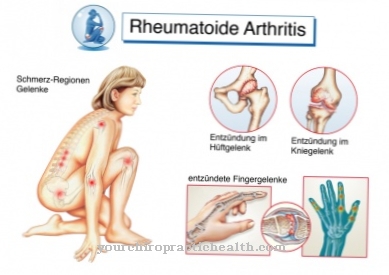



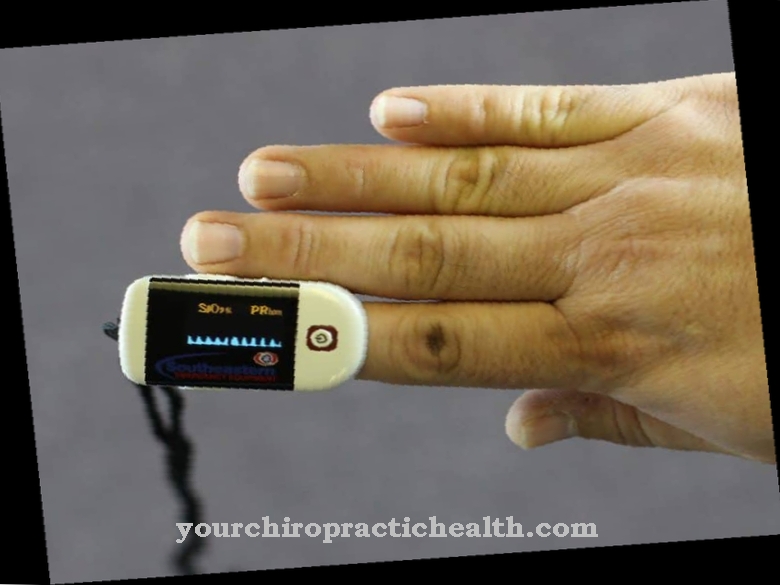
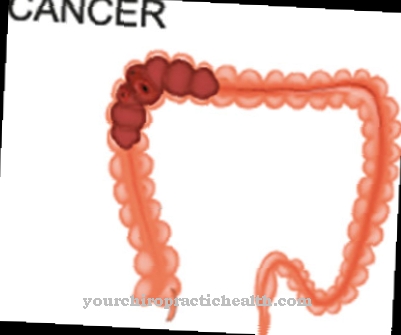


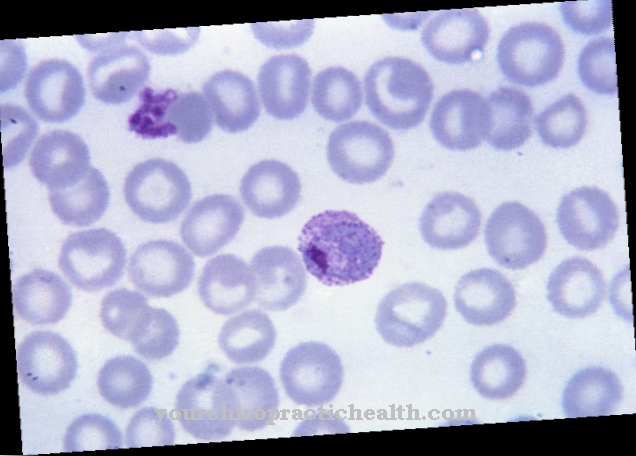


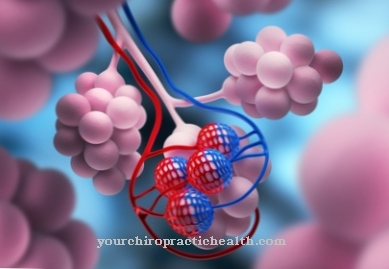

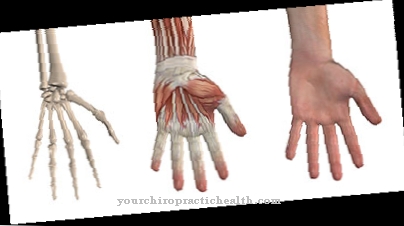

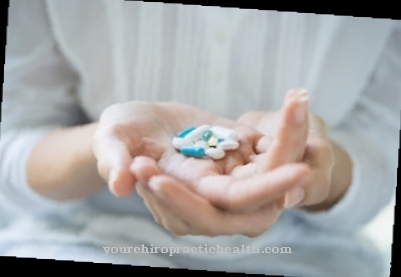
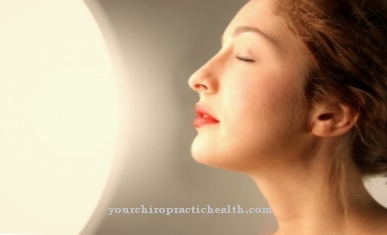
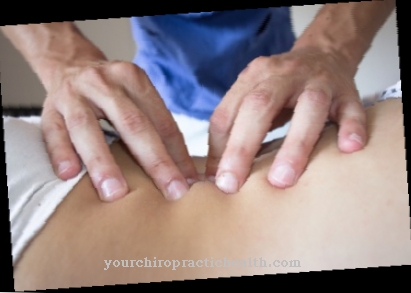


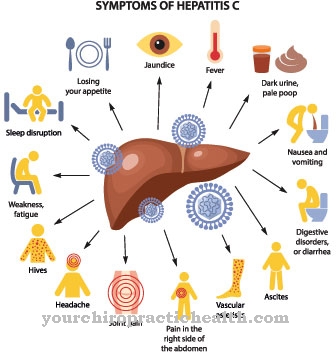
.jpg)


